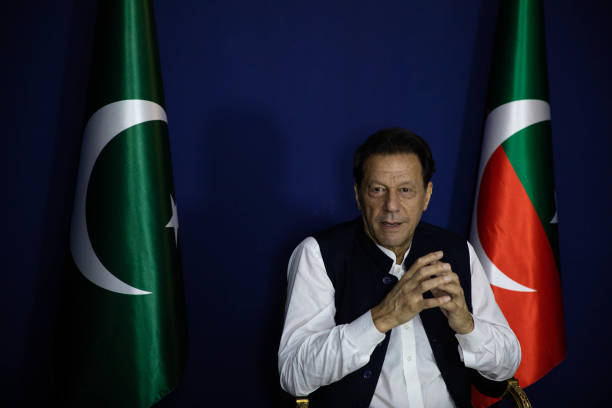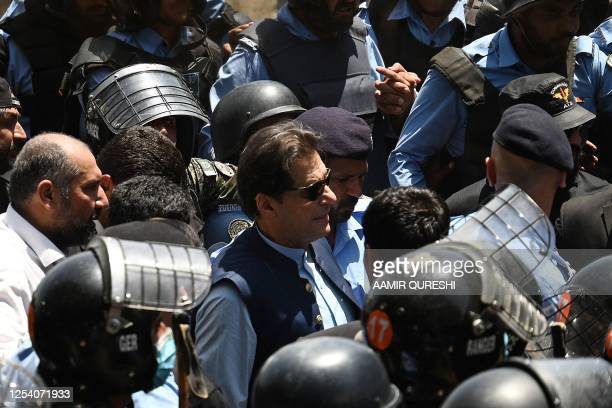Security Concerns and Legal Implications: Imran Khan’s Alleged ‘Life Under Threat’ in Jail – Analysis”
Recent claims by Pakistan’s opposition party regarding the safety of former Prime Minister Imran Khan while in jail have sparked significant attention and raised important legal considerations. The alleged threats to Khan’s life in the context of the Toshakhana case and his imprisonment at Attock Jail demand a thorough examination of the legal framework surrounding detainee safety, due process, and the broader implications for the rule of law. This article provides an in-depth analysis of the situation, shedding light on the legal dimensions and potential consequences.
The Toshakhana Case and Detention
The Toshakhana case involves allegations of receiving gifts and luxury vehicles during Imran Khan’s tenure as Prime Minister. His subsequent detention at Attock Jail underscores the government’s commitment to accountability and the rule of law. However, the claim of a perceived threat to Khan’s life in this context raises serious questions about detainee safety and the legal obligations of the authorities.
Detainee Safety and Human Rights:
Detainee safety is a fundamental human right protected under international law. Regardless of an individual’s status, ensuring their safety while in custody is an obligation that governments must uphold. Any credible threats to the life or well-being of a detainee warrant prompt and comprehensive action to safeguard their rights.
Due Process and Fair Trial:
Imran Khan, like any detainee, is entitled to due process and a fair trial. The allegations and claims of threats against him must be thoroughly investigated while upholding legal procedures to protect his rights. Any measures taken to address the alleged threats must be in compliance with due process principles to maintain the integrity of the legal system.
Government Responsibility
The government bears a significant responsibility in addressing claims of threats against detainees. This includes collaborating with law enforcement agencies, conducting transparent investigations, and ensuring the safety and well-being of the detainee throughout their incarceration. The government’s actions in response to these claims will influence public trust in the justice system.

Transparency and Accountability:
Transparency in addressing detainee safety concerns is crucial to maintaining public confidence in the legal process. Clear communication and adherence to legal procedures can mitigate doubts and promote accountability, reinforcing the rule of law.
Impact on Political Discourse and Stability
Claims of threats to Imran Khan’s life have the potential to impact the political discourse and stability in Pakistan. Ensuring the safety and well-being of political leaders is vital for a functioning democratic system. Government actions in response to these claims will shape perceptions of the state’s commitment to democratic values.
The alleged threats to Imran Khan’s life while in jail, particularly in the context of the Toshakhana case and his detention at Attock Jail, spotlight critical legal considerations and human rights obligations. The government’s response to these claims will demonstrate its commitment to due process, transparency, and detainee safety. As the situation unfolds, it is imperative that legal principles are upheld, safeguarding both individual rights and the rule of law, thereby fostering a just and accountable society.







